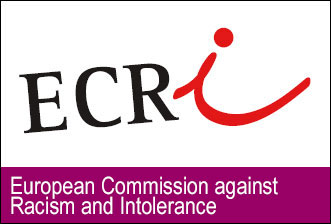Prohibition of discrimination: can a focus on intersectionality contribute to effective equality?
ECRI 2022 annual seminar with Equality Bodies
Date: 26 September 2022
Venue: Hybrid form : Strasbourg – Council of Europe, Agora Building and online
There is a growing recognition that failure to address complex social systems and identities may undermine human rights protection due to all. In three decades, intersectionality has gradually become a tool for understanding the consequences of interaction between two or more forms of discrimination and addressing the manner in which they contribute to create different layers of inequality. It has been increasingly recognised as a cross-cutting principle in policy-making in Europe and beyond.1
The European Commission against Racism and Intolerance (ECRI) has been using an intersectional approach in its country monitoring work, which highlighted the specific vulnerabilities experienced by, for instance, Roma women, Black men or Muslim women, as well as in its new standards, as was the case in its General Policy Recomm endation No. 5 (revised) on preventing and combating anti-Muslim racism and discrimination2 and General Policy Recommendation No. 9 (revised) on preventing and combating Antisemitism.3
This seminar aimed at exploring ways and means of taking into account the concept of intersectionality when reviewing legal and policy frameworks.
_____________
1 See, for example, EU Action Plan against Racism 2020-2025 and EU LGBTIQ Equality Strategy - 2020-2025; UN Committee on the Elimination of Racial Discrimination (CERD), General Recommendation No. 32, CERD/C/GC/32, 2009, § 7 and General Recommendation No. 35, CERD/C/GC/35, 2013, § 6.
2 See, in particular, § 12-13 and Recommendation 7.
3 See, in particular, § 13 and Recommendation 5.
Documents



